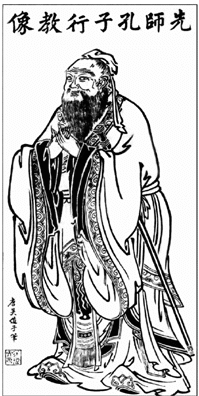The reign of King Dawud was long and prosperous. The people were happy and with shrewd trading with their neighbors became one of the most technologically advanced nations on terra. A title that had long eluded them.
Helping them greatly was the decision to create a written language for every day use in the kingdom. The Hebrew script in which the commandments of God were written was deemed to sacred for everyday use. So a new script, an Arabian script was created.
At last an Arabian alphabet was created:

Helping them greatly was the decision to create a written language for every day use in the kingdom. The Hebrew script in which the commandments of God were written was deemed to sacred for everyday use. So a new script, an Arabian script was created.
At last an Arabian alphabet was created:



 "Well it is their problem now, we have done all that we can do," said King Dawud, " At least we have sealed out the Kushren to prevent them from sending additional troops. I wonder where..."
"Well it is their problem now, we have done all that we can do," said King Dawud, " At least we have sealed out the Kushren to prevent them from sending additional troops. I wonder where..." Jehoshaphat studied the many clauses and articles and amendments from the obscenely long treaty for a moment before finding the correct passage, "Ok, here it is, I shall read for everyone: 'Article Four, Section 7. Recognizing that either Israel or Kushrena may have similar mutual protection pacts with a third civilization, if one Treaty member wants to declare war on another civilization, Treaty members shall consult the other government in the Treaty, and exhaust all diplomatic options with a third, outside civilization before declaring war.'"
Jehoshaphat studied the many clauses and articles and amendments from the obscenely long treaty for a moment before finding the correct passage, "Ok, here it is, I shall read for everyone: 'Article Four, Section 7. Recognizing that either Israel or Kushrena may have similar mutual protection pacts with a third civilization, if one Treaty member wants to declare war on another civilization, Treaty members shall consult the other government in the Treaty, and exhaust all diplomatic options with a third, outside civilization before declaring war.'"


 In King Dawud's final days, very few saw him besides his son Sulayman. The two talked about affairs of state and awaited a response from Conqueror the 45th, of the Kushren. Finally the letter came.
In King Dawud's final days, very few saw him besides his son Sulayman. The two talked about affairs of state and awaited a response from Conqueror the 45th, of the Kushren. Finally the letter came. In the midst of this mayhem, many citizens of the Zhou fled south to Egypt and Bulgeria. One of them settled in the Bulgerian city of Boyana [Hebei in Chinese], and started a school emphasizing the rule of law and seniority over all. That man was Kong Qiu, otherwise known as
In the midst of this mayhem, many citizens of the Zhou fled south to Egypt and Bulgeria. One of them settled in the Bulgerian city of Boyana [Hebei in Chinese], and started a school emphasizing the rule of law and seniority over all. That man was Kong Qiu, otherwise known as
Comment